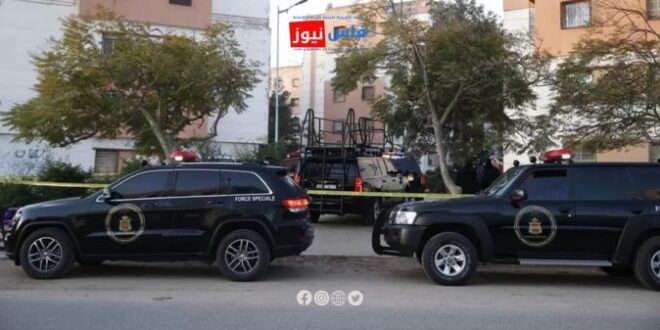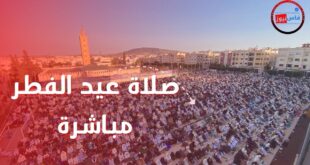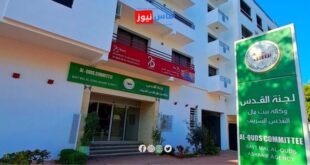The Director of the Central Bureau of Judicial Investigations (BCIJ), Cherkaoui Habboub, affirmed on Thursday in Salé that the dangerousness of the recently dismantled terrorist cell in Had Soualem lies in the resurgence of “family recruitment” as a significant source of extremism and the recruitment of individuals to carry out terrorist attacks.
During a press conference organized by the BCIJ, Habboub explained that the danger of this extremist cell is not limited to the planned terrorist projects or the advanced stage its members had reached in planning and preparation, but also in the rising phenomenon of “family recruitment” as a powerful tool for extremism and the enlistment of individuals to commit such acts.
The BCIJ, based on precise intelligence provided by the General Directorate of Territorial Surveillance (DGST), thwarted an imminent terrorist plot on Sunday that was in the advanced stages of preparation for carrying out explosive attacks. This operation resulted in the arrest of four extremist elements, including three brothers, affiliated with the ISIS terrorist organization, aged between 26 and 35, who were active in the Had Soualem area of the Berrechid province.
According to Habboub, the “three brothers” cell reveals the rise of an emerging threat that poses serious security and social challenges, namely the spread of extremist ideology among entire families and the formation of pockets of resistance to Moroccan customs and traditions, as well as to the unity of society, the rite, and the doctrine, under the influence of certain family members imbued with extremist ideology.
He expressed regret that the self-proclaimed “emir” of this terrorist cell, the eldest brother, succeeded in transforming his small family into an “incubator of extremism and recruitment” to serve his terrorist project, exploiting his moral authority and his ability to negatively influence his close social environment.
Habboub pointed out that although the Moroccan family has always served as an impenetrable fortress against extremist ideas and a solid pillar of tolerance, coexistence, and moderation, terrorism-related investigations have revealed certain trends towards this “family recruitment” as a tool for accelerated recruitment and extremism. He recalled, in this context, the “female cell” dismantled on October 3, 2016, most of whose members were imbued with ISIS ideology under the influence of their family environment.
He added that “the severity of this threat is exacerbated in a context where international terrorist organizations, particularly ISIS, are working to exploit this family recruitment to serve their destructive projects aimed at undermining the country’s security and stability, by inciting their fighters in conflict zones to recruit their brothers and relatives to engage in terrorist acts,” similar to the leader of the terrorist cell dismantled on December 11, 2015, known at the time as the “Islamic State in the Islamic Maghreb cell.”
 فاس نيوز ميديا جريدة الكترونية جهوية تعنى بشؤون و أخبار جهة فاس مكناس – متجددة على مدار الساعة
فاس نيوز ميديا جريدة الكترونية جهوية تعنى بشؤون و أخبار جهة فاس مكناس – متجددة على مدار الساعة












